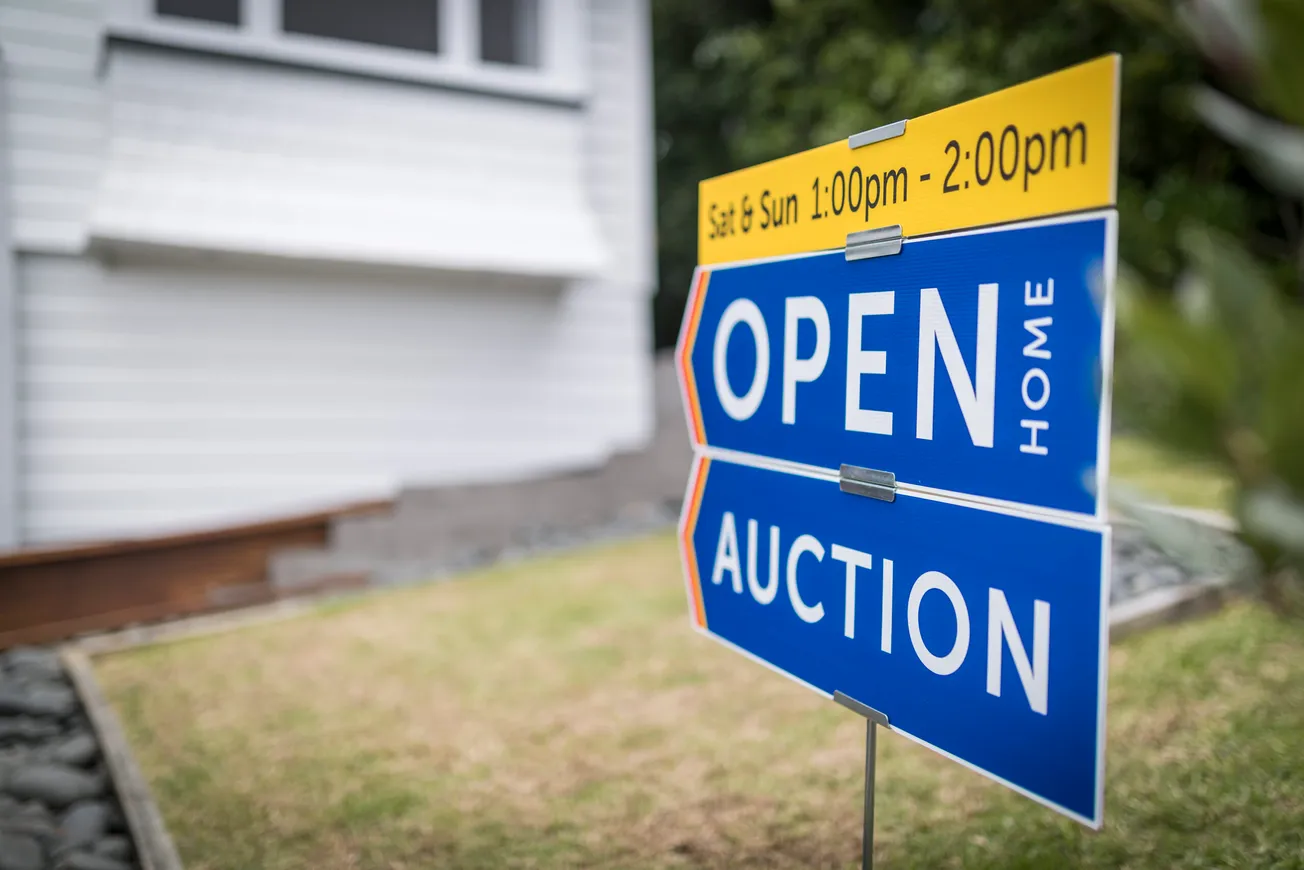Table of Contents
Wilfred Reilly titled his book Taboo for good reason: as the book explains, there are some objective facts that simply cannot be acknowledged in polite (or at least, white, bourgeois, Democrat-voting) America. All of them about race.
With cold-blooded precision, Reilly demolishes the unchallengeable dogmas of the modern left: America’s problems aren’t due to “system racism”, police aren’t “murdering” black people, and there is no “War of POC”. All of these are, quite simply, the product of lies and rampant innumeracy.
Reilly is also, it might be added (and shouldn’t matter, but does), black.
But despite these demonstrable facts, the left in America every bit as much as in New Zealand, blame everything, everything, on “racism”.
Even house prices.
A black couple in California have taken legal action against an estate agency they accuse of giving a low valuation on their house, only for the property to shoot up in value by more than half a million dollars when a white friend posed as the owner.
Except that, like so many of these claims, the truth seems to be a lot more complex and little to do with “racism”.
Paul Austin and his wife, Tenisha, said they had “whitewashed” their home after receiving an insultingly low valuation of $995,000, removing family photos and stripping the walls of African artworks. When their white friend replaced them with photos of her own family and posed as the owner for another agent, the estimate on the property leapt by 50 per cent to $1.48 million.
Actually, there’s a lot more to the story than that simplistic, self-serving narrative.
Firstly, the different valuations were from different agents. It’s not at all unusual for different agents to come up with different valuations. That’s why it’s advisable to get at least three different valuations. Agent valuations can vary easily by at least 20% or more. Especially in a volatile market — and San Francisco, especially the Bay area where the Austins live, is a volatile market, as well as the most expensive in America. Even the time of year can make a significant difference: prices even in mild SF drop by up to 5% in December-January.
Secondly, it seems as if the Austin’s “styled” their property after the first valuation. Styling can make a huge difference: I’ve seen friends’ places after being styled by an agent, and they were almost unrecognisable. In fact, even on the initial lower figure, the couple had nearly doubled the value of their property in less than five years, due to significant renovations.
Finally, there is one glaring element that demolishes the narrative of “worth more with a white owner”.
In a lawsuit filed in a San Francisco federal court last week, the Austins alleged that the property was devalued by the first agency “because we are in a black neighbourhood, and the home belonged to a black family”.
In a black neighbourhood. And there it is.
As Steve Sailer puts it, the left want us to believe that house prices are lower in black neighbourhoods because of “racism”. The rest of us are pretty sure it’s because of all the shootings.
This is not a “racist” stereotype, as Reilly’s book makes clear. Black crime rates are significantly higher than any other group in America — at all socio-economic levels. (Why this is so, is another fraught area: like Reilly, and Thomas Sowell, I’m fairly certain that culture, rather than innate characteristics, are to blame.)
So, we have the well-documented phenomenon that when the percentage of blacks in a neighbourhood reaches a critical level, everyone else moves out. Black earnings generally being lower, house prices drop in tandem.
The left want to blame “white flight” on “racism”, but several studies have shown that, when controlled for factors such as neighbourhood crime, racial prejudice is unrelated to white moving intentions. “Whites avoid black neighbors primarily for reasons other than race,” was the conclusion of David Harris of the University of Michigan.
That’s the Austins’ problem: not that they are black, but that their neighbourhood is. Depending on exactly where in Marin City they live: much of the area is average for crime in San Francisco, but there are pockets that are over 13 times higher. And San Francisco has seen one of the highest surges in violent crime in large cities in America.
In fact, that one fact also demolishes the Austins’ primary claim: that they got a different valuation because the purported “owner” was white. If the area is to blame, it presumably wouldn’t matter whether the particular seller was white or black.
Sadly, though, as Sowell points out, yammering about “racism” can be a big money-spinner in America.
Backed by the non-profit Fair Housing Advocates of Northern California, the Austins are now suing Miller and her company, seeking financial damages and an undertaking not to discriminate on the basis of race when appraising homes. Miller is yet to comment.
The Australian
This has been a tactic of race-baiting groups for decades: level an allegation of “racism”, sue, and then wait for the “go away money” to roll in. It became so prevalent in the 1980s that it was dubbed “how to rob a bank legally”.
At least the likes of the SLA robbed banks openly.
Please share this article so that others can discover The BFD









